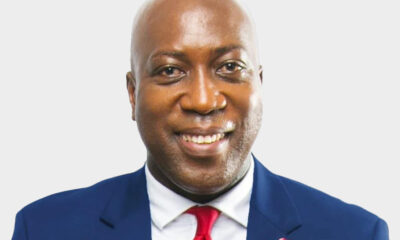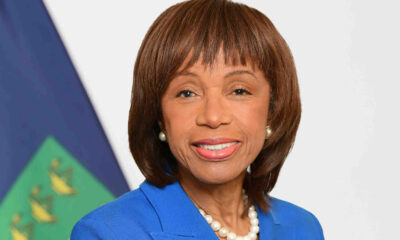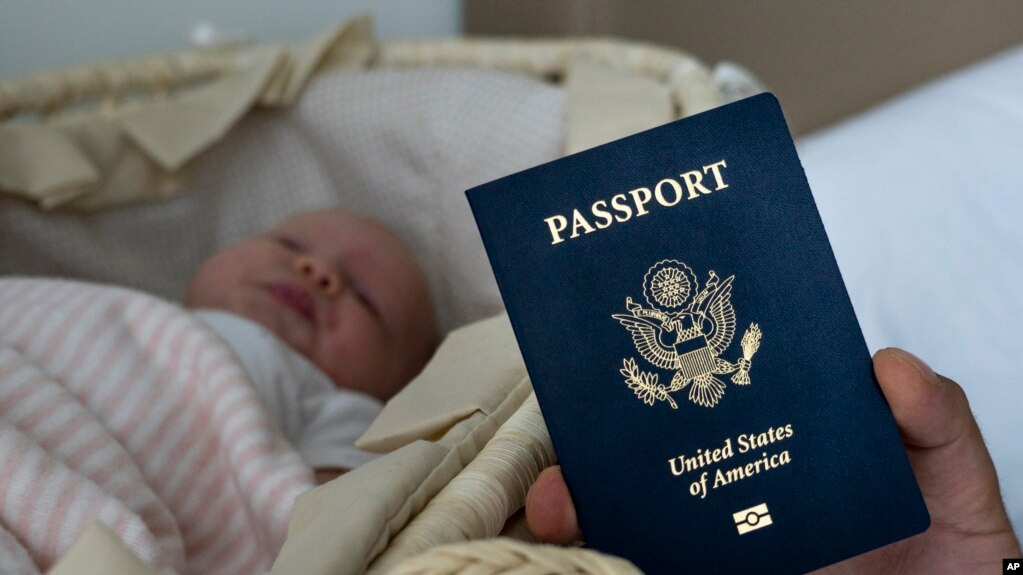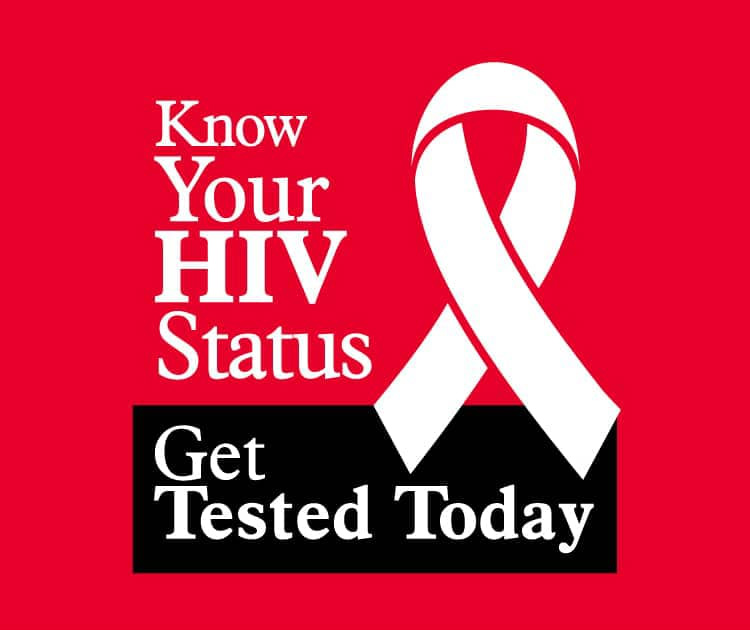International
President Biden Pardons Marcus Garvey, Recognising Legacy of Black Nationalism
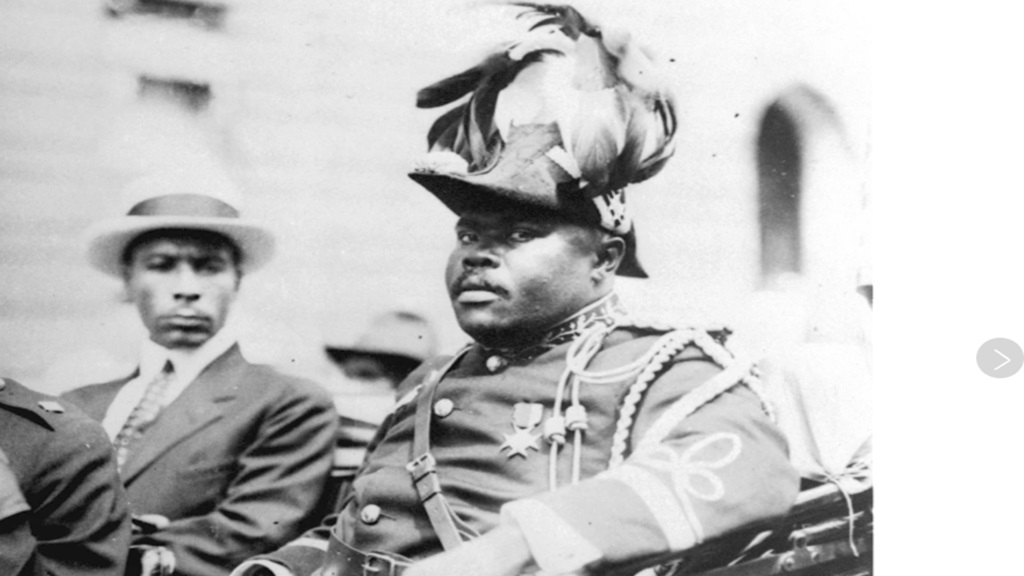
WASHINGTON (AP) — United States President Joe Biden on Sunday, January 19, posthumously pardoned black nationalist and Jamaican National Hero Marcus Garvey, who influenced Malcolm X and other civil rights leaders and was convicted of mail fraud in the 1920s. Also receiving pardons were a top Virginia lawmaker and advocates for immigrant rights, criminal justice reform and gun violence prevention.
Congressional leaders had pushed for Biden to pardon Garvey, with supporters arguing that Garvey’s conviction was politically motivated and an effort to silence the increasingly popular leader who spoke of racial pride. After Garvey was convicted, he was deported to Jamaica, where he was born. He died in 1940.
The Reverend Martin Luther King Jr said of Garvey: “He was the first man, on a mass scale and level” to give millions of black people “a sense of dignity and destiny.”
It’s not clear whether Biden, who leaves office Monday, will pardons people who have been criticised or threatened by President-elect Donald Trump.
Issuing pre-emptive pardons — for actual or imagined offences by Trump’s critics that could be investigated or prosecuted by the incoming administration — would stretch the powers of the presidency in untested ways.
Biden has set the presidential record for most individual pardons and commutations issued. He announced on Friday that he was commuting the sentences of almost 2,500 people convicted of nonviolent drug offences. He also gave a broad pardon for his son Hunter, who was prosecuted for gun and tax crimes.
The president has announced he was commuting the sentences of 37 of the 40 people on federal death row, converting their punishments to life imprisonment just as Trump, an outspoken proponent of expanding capital punishment, takes office. In his first term, Trump presided over an unprecedented number of executions, 13, in a protracted timeline during the coronavirus pandemic.
A pardon relieves a person of guilt and punishment. A commutation reduces or eliminates the punishment, but doesn’t exonerate the wrongdoing.
Among those pardoned on Sunday were:
— Don Scott, who is the speaker of the Virginia House of Delegates in a chamber narrowly controlled by Democrats. He was convicted of a drug offence in 1994 and served eight years in prison. He was elected to the Virginia legislature in 2019, and later became the first black speaker.
“I am deeply humbled to share that I have received a Presidential Pardon from President Joe Biden for a mistake I made in 1994 — one that changed the course of my life and taught me the true power of redemption,” Scott said in a statement.
—Immigrant rights activist Ravi Ragbir, who was convicted of a non-violent offence in 2001 and was sentenced to two years in prison and was facing deportation to Trinidad and Tobago.
—Kemba Smith Pradia, who was convicted of a drug offence in 1994 and sentenced to 24 years behind bars. She has since become a prison reform activist. President Bill Clinton commuted her sentence in 2000.
—Darryl Chambers of Wilmington, Delaware, a gun violence prevention advocate who was convicted of a drug offence and sentenced to 17 years in prison. He studies and writes about gun violence prevention.
Biden commuted the sentences of two people:
—Michelle West, who was serving life in prison for her role in a drug conspiracy case in the early 1990s. West has a daughter who has written publicly about the struggle of growing up with a mother behind bars.
—Robin Peoples, who was convicted of robbing banks in northwest Indiana in the late 1990s and was sentenced to 111 years in prison. The White House said in a statement that Peoples would have faced significantly lower sentences today under current laws.
By Colleen Long, Associated Press
International
U.S. Embassy Issues Warning on ‘Birth Tourism’
International
Overseas Territories Honoured for Strategic Value, Deepening Ties with UK
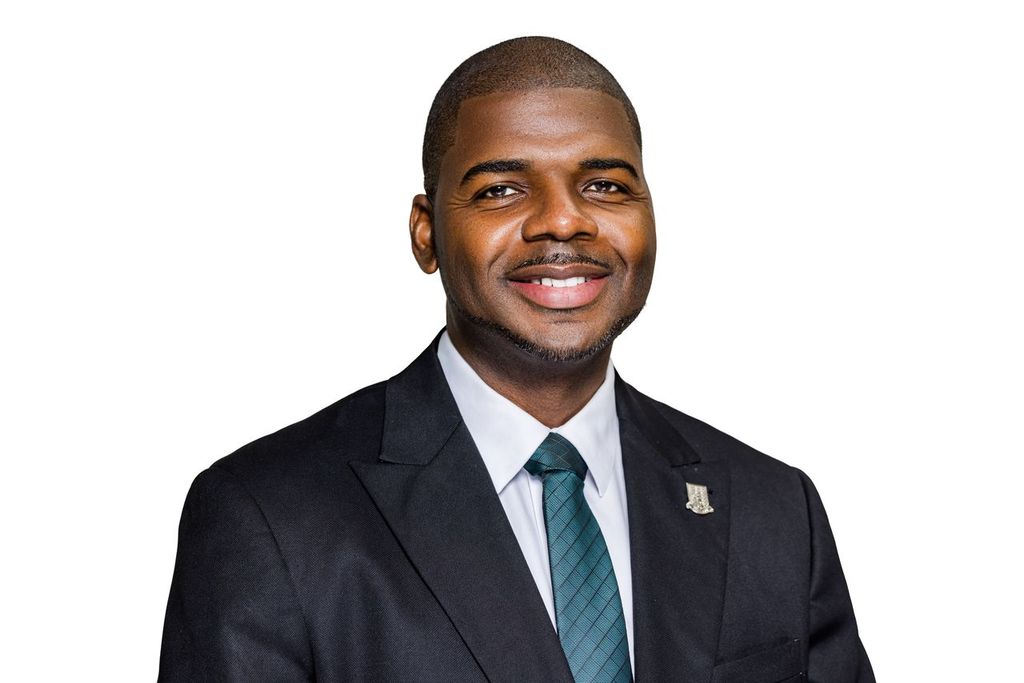
Against the backdrop of growing global uncertainty and shifting geopolitical alliances, the United Kingdom reaffirmed its commitment to its Overseas Territories this week during the observance of the Second Annual Overseas Territory Day. The event, championed by UK and Territory leaders alike, underscored the critical role these regions play in defense, environmental security, and Britain’s wider international footprint.
Speaking in his capacity as President of the United Kingdom Overseas Territories Association (UKOTA), Premier of the Virgin Islands Dr. the Hon. Natalio Wheatley described the occasion as an opportunity to reflect not only on the Territories’ vital roles in areas like security and environmental stewardship, but also on the “mutual respect and collaborative growth” that continues to define their relationship with the UK.
“Overseas Territories are not only vibrant communities rich in culture and heritage,” Premier Wheatley said in a statement Tuesday. “They are vital partners in the UK family… their contribution to the UK’s global presence and values cannot be overstated.”
Observed annually on the first Monday of June, Overseas Territory Day was marked in London with a series of ceremonial events, including a flag-raising at Parliament Square, a choral evensong at the Guild Church of St Lawrence Jewry, and a formal reception at Speaker’s House hosted by House of Commons Speaker Sir Lindsay Hoyle. The Virgin Islands was represented by UKOTA Chair and BVI Representative Tracy Bradshaw.
This year’s theme — “The Strategic Importance of the Overseas Territories and the Enduring Significance of our Constitutional Relationships with the United Kingdom” — reflected a growing focus on the Territories’ role in Britain’s global influence, particularly amid shifting geopolitical dynamics and climate-related vulnerabilities.
From the Caribbean to the South Atlantic, the Premier noted, Overseas Territories continue to punch above their weight. Citing efforts in renewable energy, biodiversity protection, and disaster preparedness, Dr. Wheatley praised the Territories for “thinking globally while acting locally.”
“These qualities not only define the character of our communities,” he said, “but also underpin their strategic relevance and global reach.”
Tuesday’s remarks also touched on the importance of responsible self-governance and ensuring that the voices of Overseas Territories remain central to policymaking at the UK level.
“We remain focused on ensuring their voices are not only heard but are instrumental in shaping policy and partnership,” Wheatley said.
The Premier closed with a call to unity and long-term vision, urging stakeholders to maintain momentum in advancing sustainable development, deepening constitutional ties, and building a legacy defined by “strategic cooperation, constitutional respect, and mutual progress.”
As Britain redefines its global relationships post-Brexit, events like Overseas Territory Day provide a moment to assess how longstanding ties — rooted in history but looking toward the future — continue to evolve.
International
BVI Urges UK and Other Colonial Powers to Support Self-Determination of Remaining Territories
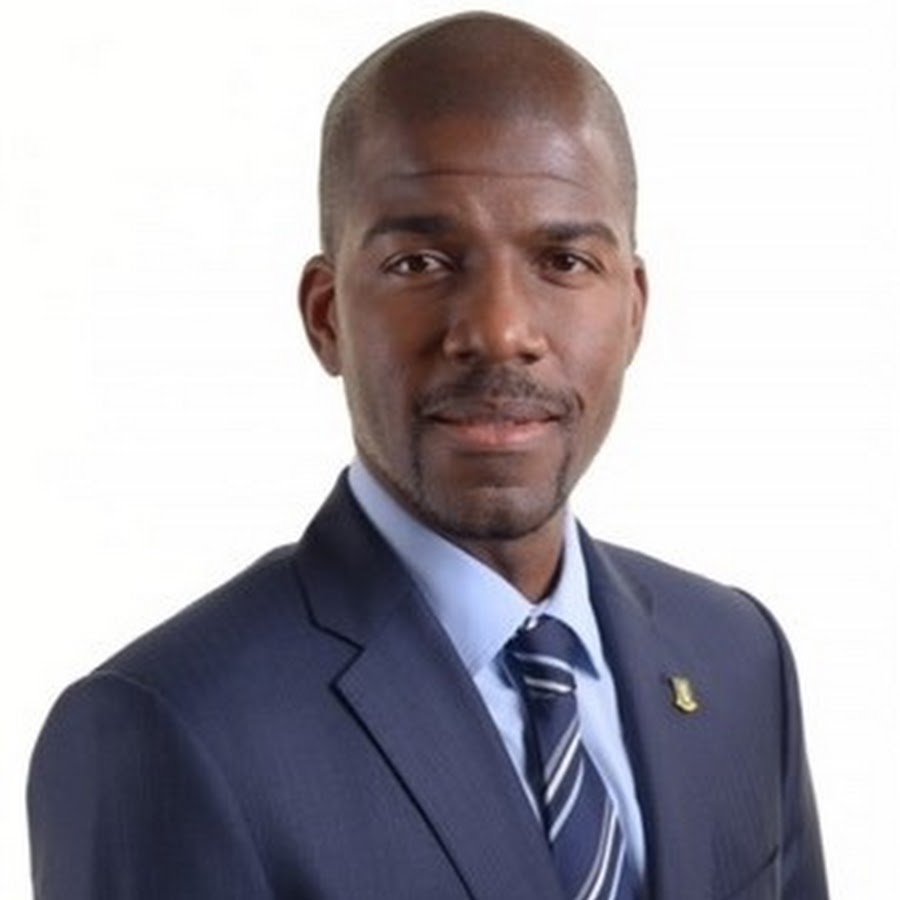
In a direct appeal to the international community, the British Virgin Islands (BVI) has called on the United Kingdom and other colonial powers to set aside their national interests and support the self-determination of the 17 remaining non-self-governing territories under the mandate of the United Nations Special Committee on Decolonisation (C-24).
Speaking at the UN’s Pacific regional seminar on decolonisation, held in the Timorese capital Dili from 21st to 23rd May, BVI Special Envoy Benito Wheatley urged administering powers to recommit to the principles of decolonisation and support a meaningful pathway to self-government for the remaining territories on the UN’s list.
“We all must work together to make progress on decolonisation,” Mr Wheatley said in his address. “I know it is hard to separate national interests from the process, but an effort must at least be made to work in the best interest of Non-Self-Governing Territories.”
He added that the Special Committee should prioritise the dispatch of visiting missions “where this is practicable,” noting that “the politics of the process is very complicated and requires dialogue, but no effort should be spared.”
The BVI, which hosted a UN visiting mission in August 2024, was recognised in the mission’s report for its advancement toward full internal self-government. The mission also recommended the establishment of a timetable for the Territory’s eventual independence.
Mr Wheatley expressed appreciation for the UN’s engagement and reiterated the Territory’s commitment to good governance and democratic reform. He also used the opportunity to highlight the broader need for sustainable development assistance, particularly in the face of growing climate threats.
“To truly advance self-determination, UN agencies must play a more active role in supporting the development priorities of these Territories,” Mr Wheatley stated. He urged the C-24 to adopt a resolution at its upcoming June session that would allow UN agencies to utilise their regular programme budgets to support Territories classified as Small Island Developing States (SIDS), especially those that are associate members of regional commissions such as ECLAC and ESCAP.
In a firm message to London, Mr Wheatley also called on the United Kingdom to formally withdraw the Order in Council currently held in reserve, which grants it the power to suspend the BVI’s constitution and impose direct rule if triggered.
“There is no longer an excuse for the UK to maintain this unnecessary, undemocratic and blunt colonial instrument over the Territory,” he said, noting that the BVI had completed the governance reform programme agreed in 2022.
The UN’s list of territories yet to be decolonised includes American Samoa, Anguilla, Bermuda, the British Virgin Islands, Cayman Islands, Falkland Islands, French Polynesia, Gibraltar, Guam, Montserrat, New Caledonia, Pitcairn, Saint Helena, Tokelau, Turks and Caicos Islands, the United States Virgin Islands, and Western Sahara.
The seminar in Dili marks a continuation of the UN’s longstanding commitment to decolonisation — a process that remains incomplete nearly eight decades after the adoption of the UN Charter.
-

 Uncategorized4 days ago
Uncategorized4 days agoBody Found in Road Town Waters Identified as Missing Man
-

 Uncategorized5 days ago
Uncategorized5 days agoBody Recovered Near Maria’s by the Sea Hotel
-
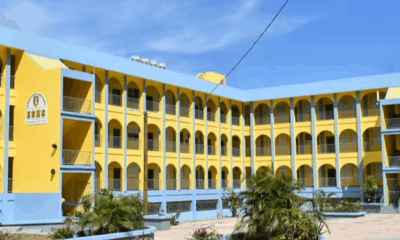
 Education7 days ago
Education7 days agoBVI Records Over 85 Student Suspensions in Early 2025
-

 Uncategorized2 weeks ago
Uncategorized2 weeks agoBritish Virgin Islands Regulators Move to Wind Down Bank of Asia (BVI) Limited
-

 Entertainment1 week ago
Entertainment1 week agoK’Meeya Chung and Dakarai Wheatley-Adams Crowned Miss and Mr. HLSCC 2025
-
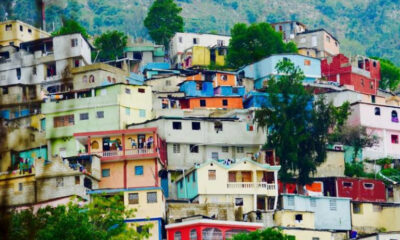
 Local News5 days ago
Local News5 days agoU.S. Travel Ban on Haiti and Other Nations Sparks Concern Across the Caribbean
-

 Entertainment2 weeks ago
Entertainment2 weeks agoNeil Frett Named Honouree as 71st Virgin Islands Emancipation Festival Officially Launched
-
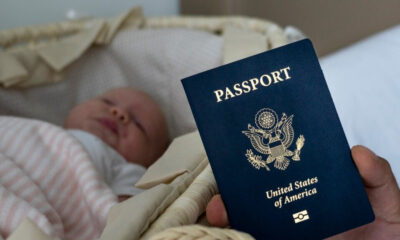
 International5 days ago
International5 days agoU.S. Embassy Issues Warning on ‘Birth Tourism’


